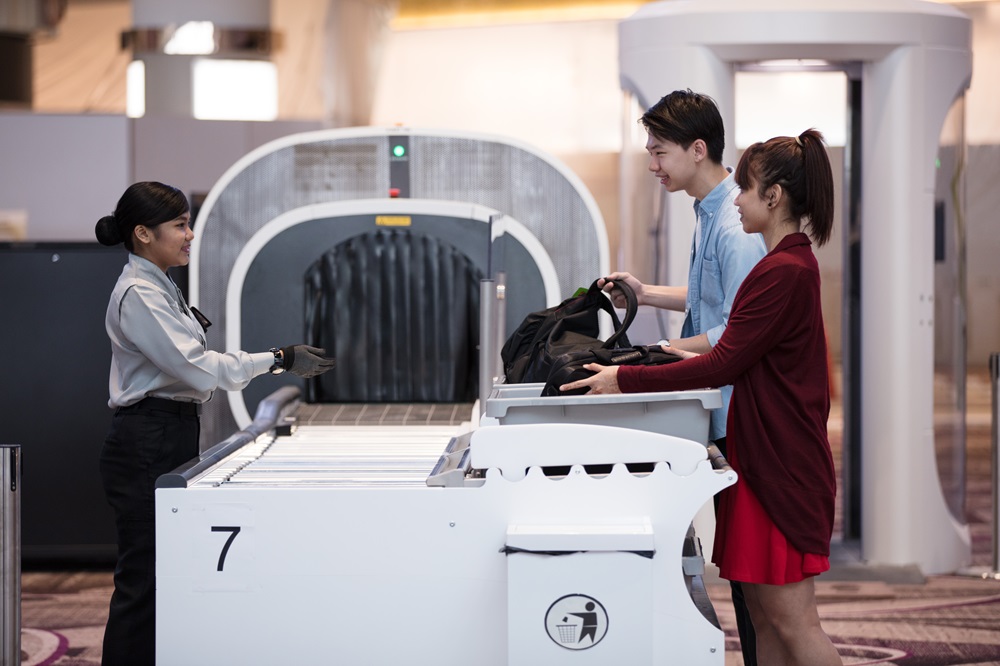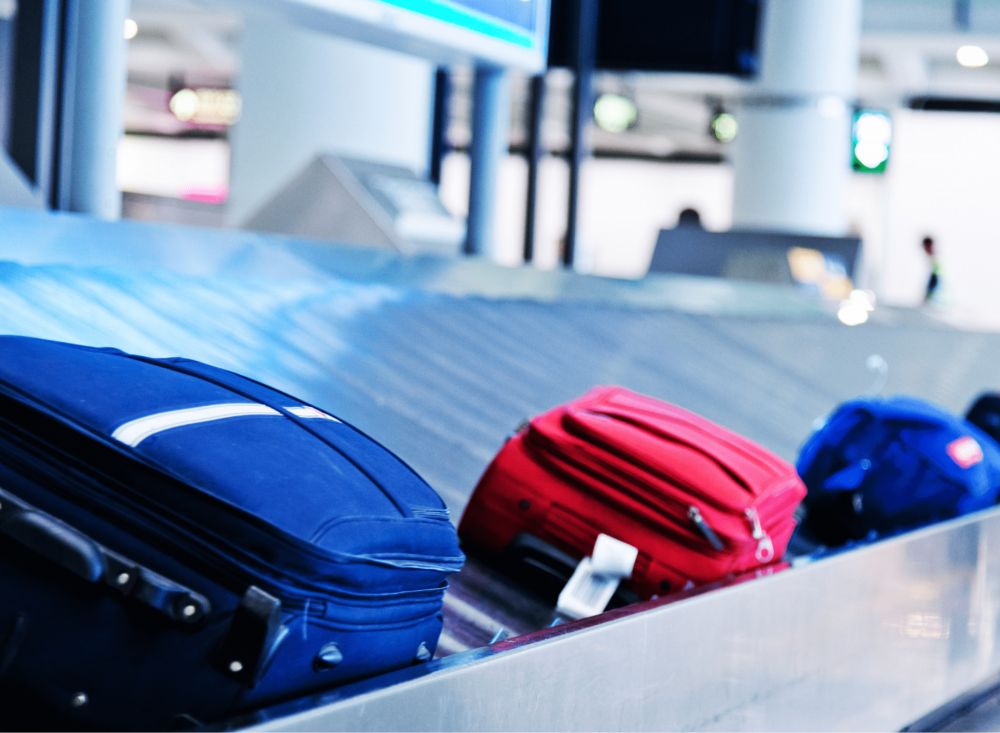
Air travel can be unpredictable. From sudden flight delays to unexpected seat changes, uncomfortable cabins, and limited amenities, seasoned travelers know that being prepared is the key to surviving—and even enjoying—the journey. Whether you’re boarding a short-haul domestic flight or settling in for a 14-hour long-haul, what you carry in your hand luggage can significantly impact your comfort, convenience, and overall travel experience.

Frequent fliers, who have clocked countless hours in the skies, have developed their own trusted packing habits to make every trip smoother, safer, and more pleasant. Over time, they’ve learned which items are genuinely essential and which can be left behind.
The right carry-on essentials can help you stay relaxed, well-fed, entertained, and prepared for the unexpected—whether it's a missed connection, an in-flight entertainment failure, or simply the discomfort of sitting in the same seat for hours.

We spoke with experienced travelers, flight attendants, and aviation experts to create this practical guide. If you want to travel like a pro, here are 10 must-have items you should always pack in your carry-on.
1. Backup Power Source
A portable charger or power bank is indispensable for keeping your devices powered throughout your journey. With many airlines now offering digital boarding passes and in-flight entertainment via personal devices, running out of battery isn’t an option. Opt for a lightweight, high-capacity charger and remember to pack all necessary charging cables in a cable organizer to prevent tangles and lost time searching for cords.
2. Essential Medications
Always keep your medications in your carry-on, never in checked luggage. This includes prescription drugs, over-the-counter remedies, and any medical devices you may need. Pack them in a clear, easily accessible pouch and bring extra in case of delays. A compact travel first-aid kit with bandages, pain relievers, and antiseptic wipes is also recommended for minor emergencies.
3. Glasses or Contact Lenses
Inflight air can dry out your eyes, so bring your glasses, extra contact lenses, and a small bottle of solution. If you rely on vision aids, pack a backup pair in case of loss or damage.
4. Lip Balm and Moisturizers
Cabin air is extremely dry, leading to chapped lips and parched skin. Bring a TSA-compliant lip balm and a small tube of moisturizer to stay comfortable. Consider packing facial wipes for a quick refresh during long-haul flights.
5. An Extra Layer of Clothing
Temperatures on planes can fluctuate, so pack a lightweight sweater, scarf, or jacket. Pro tip: Wear your bulkiest clothing (like a jacket or boots) on the plane to save space in your bag. This also helps if your destination has a different climate.
6. Noise-Cancelling Headphones or Earbuds
Block out engine noise and distractions with quality headphones. Frequent fliers also recommend a sleep mask and earplugs for added comfort, especially on overnight flights.
7. GPS Tracker for Luggage
A small GPS tracker in your bag lets you monitor its location in real time, providing peace of mind if you need to gate-check your carry-on or if you’re traveling with checked luggage.
8. TSA-Approved Toiletries Kit
Keep your liquids in a clear, quart-sized bag and follow the 3-1-1 rule (3.4 ounces or less per container). Many hotels provide basic toiletries, so limit what you pack to essentials that are hard to replace at your destination.
9. Travel Comfort Accessories
A contoured sleep mask, inflatable neck pillow, and compression socks can make long flights more bearable. These small items help you rest, reduce swelling, and arrive refreshed.
10. Important Travel Documents and Pen
Frequent travelers always keep passports, boarding passes, hotel confirmations, and any necessary visas easily accessible. A pen is also essential for filling out customs or immigration forms, especially when landing in countries that still require paperwork. Having these items within reach can save you valuable time during security checks and border controls.

Pro Packing Strategies from Frequent Fliers
Use Packing Cubes and Compression Bags
Packing cubes keep your bag organized and make it easy to find items quickly. Compression cubes save space and help fit more into your carry-on. Use one for clean clothes and another for dirty laundry to keep things tidy.
Master the Bundling and Rolling Techniques
Rolling clothes prevents wrinkles and maximizes space, while the bundling method is great for keeping items crease-free. Lay out larger items flat, place smaller items in the center, and wrap everything together.
Pack Only What You Need
Lay out everything you want to bring, then remove non-essentials. A flight attendant’s tip: “If you need it, pack it. If you just want it, leave it behind.” The 1-2-3-4-5-6 rule—one hat, two pairs of shoes, three bottoms, four tops, five pairs of socks, six pairs of underwear—can simplify decisions for short and long trips alike.
Know Airline Restrictions
Always check your airline’s carry-on size and weight limits before packing. Exceeding them can mean extra fees or having to check your bag at the gate. Familiarize yourself with TSA rules to avoid surprises at security.
Keep In-Flight Essentials Accessible
Separate items you’ll need during the flight—like snacks, water bottle, headphones, and a book—into a small personal item or underseat bag for easy access.
Weigh and Test Your Bag
Make sure you can lift your carry-on into the overhead bin yourself and that it meets airline requirements. Overpacking can lead to repacking at the airport or unexpected fees.
Final Thoughts
Packing like a frequent flier means more than just what you bring—it’s how you organize, prioritize, and prepare for the unexpected. With these nine essentials and expert strategies, you’ll travel lighter, smarter, and more comfortably, no matter where your journey takes you.


.jpg)
.jpg)
.jpg)
.jpg)
.jpg)
.jpg)
.jpg)
 (1).jpg)
.jpg)
.jpg)
.jpg)







.png)
.jpg)
.jpg)
.jpg)
.jpg)




.jpg)
.jpg)
.jpg)
.jpg)




.jpg)


.jpg)




.jpg)
.jpg)
.jpg)







.jpg)

.jpg)